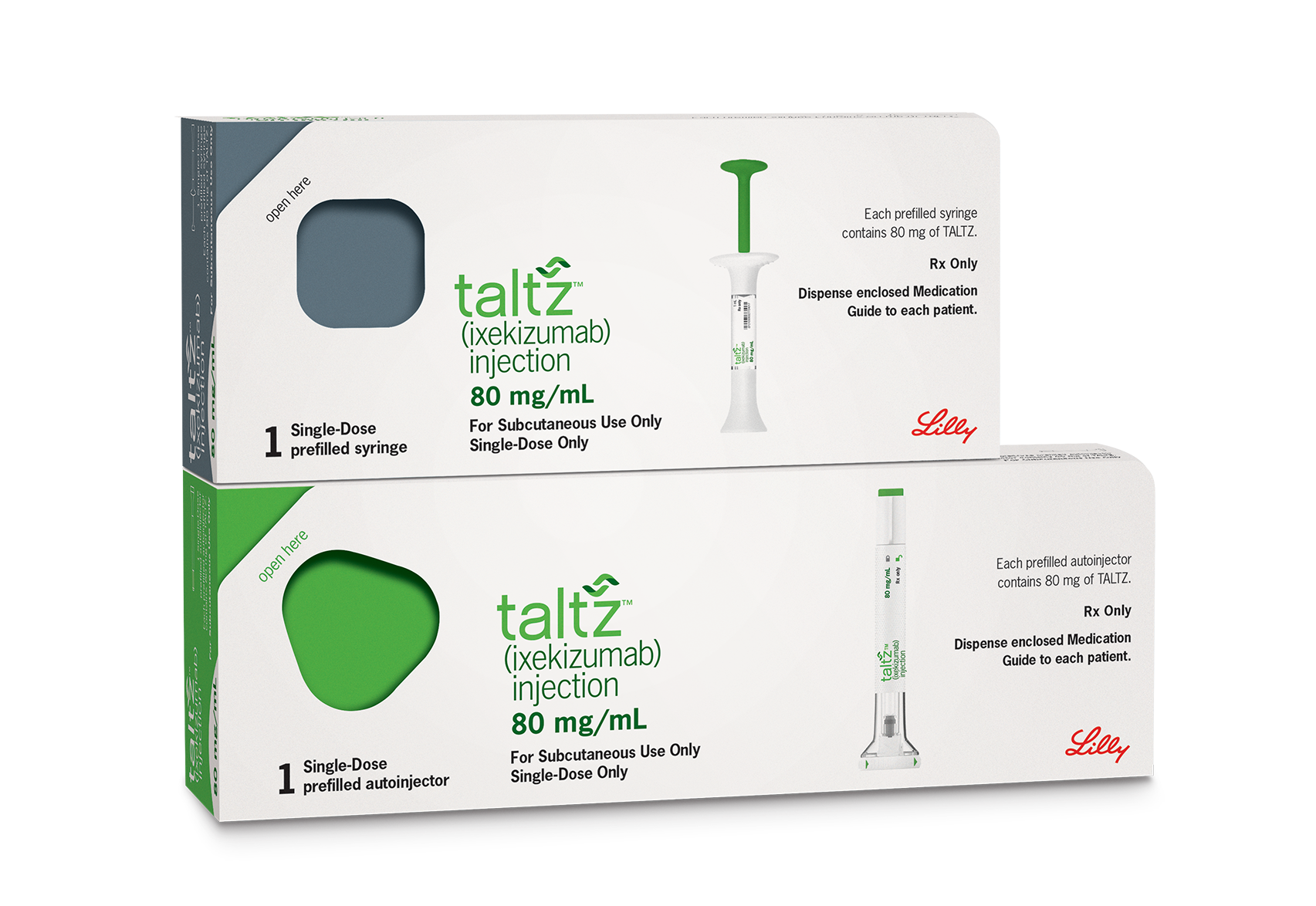 Register to receive a free Global Immunology Drugs Market Report Suite 2018-2024 report synopsis and brochure
Register to receive a free Global Immunology Drugs Market Report Suite 2018-2024 report synopsis and brochure
Eli Lilly and Company announced Taltz® (ixekizumab) met the primary and all major secondary endpoints in the Phase 3b/4 SPIRIT-H2H study, which evaluated the efficacy and safety of Taltz versus Humira® (adalimumab) in patients with active psoriatic arthritis (PsA) who are biologic disease-modifying anti-rheumatic drug (DMARD)-naive. The SPIRIT-H2H trial is the first completed large head-to-head (H2H) superiority study in active PsA. This open-label, randomized, controlled trial is the first and only H2H study that utilizes on-label dosing for both Taltz and Humira and includes concomitant conventional DMARDs.
At 24 weeks, patients treated with Taltz met the primary endpoint by demonstrating superiority in improving the signs and symptoms of active PsA compared to Humira as measured by the proportion of patients simultaneously achieving at least a 50-percent reduction in disease activity, as defined by the American College of Rheumatology (ACR50), as well as complete skin clearance as measured by the Psoriasis Area and Severity Index (PASI100). In addition, Taltz met the major secondary endpoints.
“The positive results from the SPIRIT-H2H trial reinforce that Taltz effectively treats the debilitating joint signs and symptoms of active psoriatic arthritis, while also providing skin clearance,” said Lotus Mallbris, M.D., Ph.D., vice president of immunology development at Lilly. “These results provide evidence that Taltz can be used as a first-line biologic treatment for patients with active psoriatic arthritis.”
A total of 566 active PsA patients were enrolled in the study to evaluate the efficacy and safety of Taltz compared to Humira. Patients with active PsA were randomized to receive Taltz at the approved dose (160-mg starting dose followed by 80 mg every four weeks), or Humira (40 mg every two weeks) for a total of 52 weeks, with the primary analysis conducted at 24 weeks. Patients meeting criteria for moderate-to-severe plaque psoriasis received the approved dose of Taltz (160-mg starting dose followed by 80 mg every two weeks from Week 2 to Week 12 and every four weeks thereafter) or Humira (80-mg starting dose followed by 40 mg every two weeks, one week after the initial dose).
“In the SPIRIT-H2H trial, Taltz demonstrated superiority in improving active psoriatic arthritis compared to Humira,” said Philip Mease, M.D., Swedish Medical Center/Providence St. Joseph Health and University of Washington. “This study will help raise awareness and better inform conversations between patients and their healthcare providers about treatment options for active psoriatic arthritis.”
In SPIRIT-H2H, the safety profile of Taltz was consistent with previously reported results. No new safety signals were detected.
Lilly plans to submit detailed data from the SPIRIT-H2H study for disclosure at scientific meetings and in peer-reviewed journals in 2019.
Lilly unites caring with discovery to create medicines that make life better for people living with immune-mediated diseases.
More Information
For a limited time, download a free report from this Global Market Report Suite for Immunology Drugs 2018.
For over a decade, iData Research has been consulting and conducting market research for top industry players in the pharmaceutical, medical device, and dental industries. Contact iData to learn more about this immunology drugs market, which covers market forecasts, average selling prices and unit analysis for 5 diseases: Psoriasis, Ulcerative Colitis, Crohn’s Disease, Rheumatoid Arthritis and Ankylosing Spondylitis.
 Register to receive a free
Register to receive a free